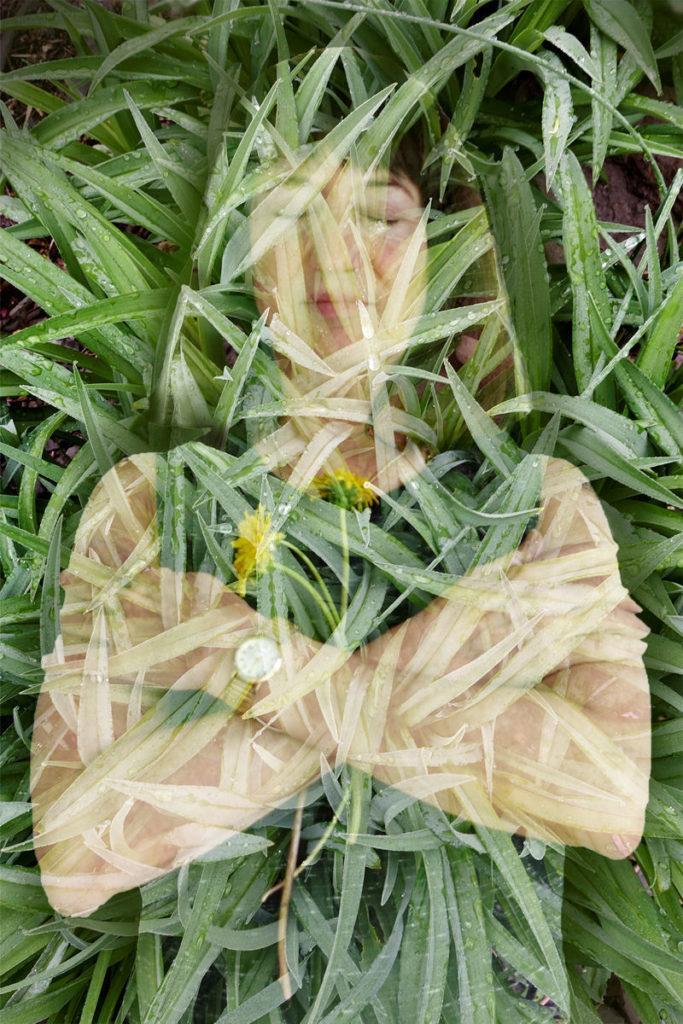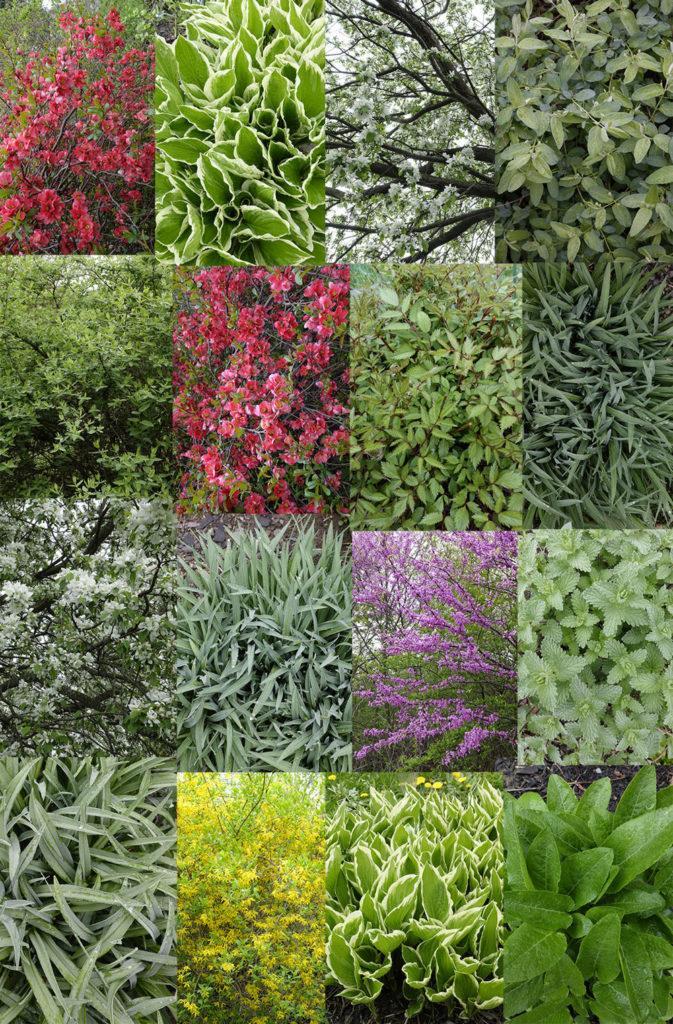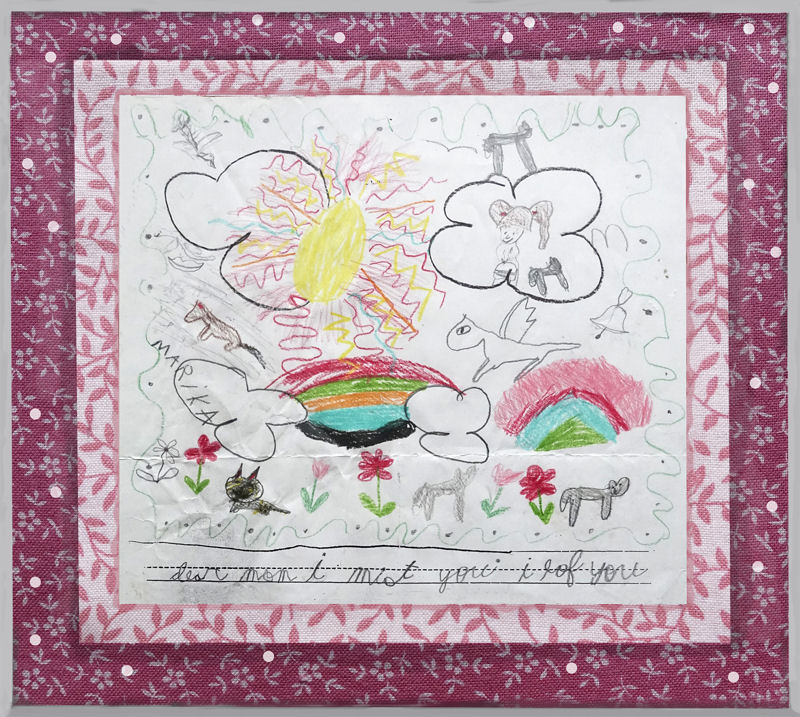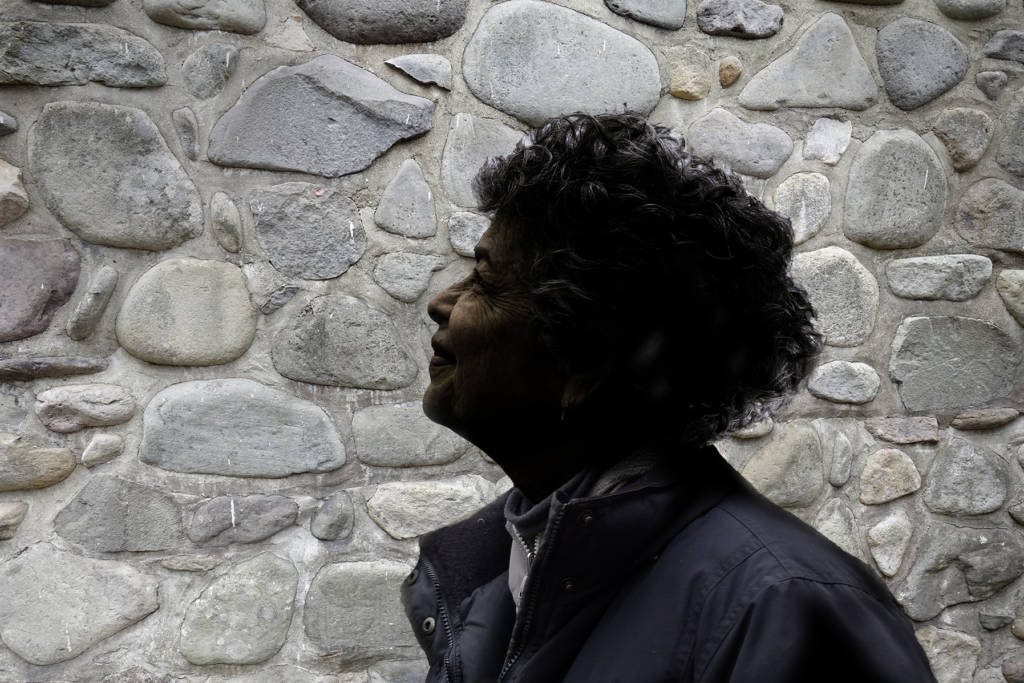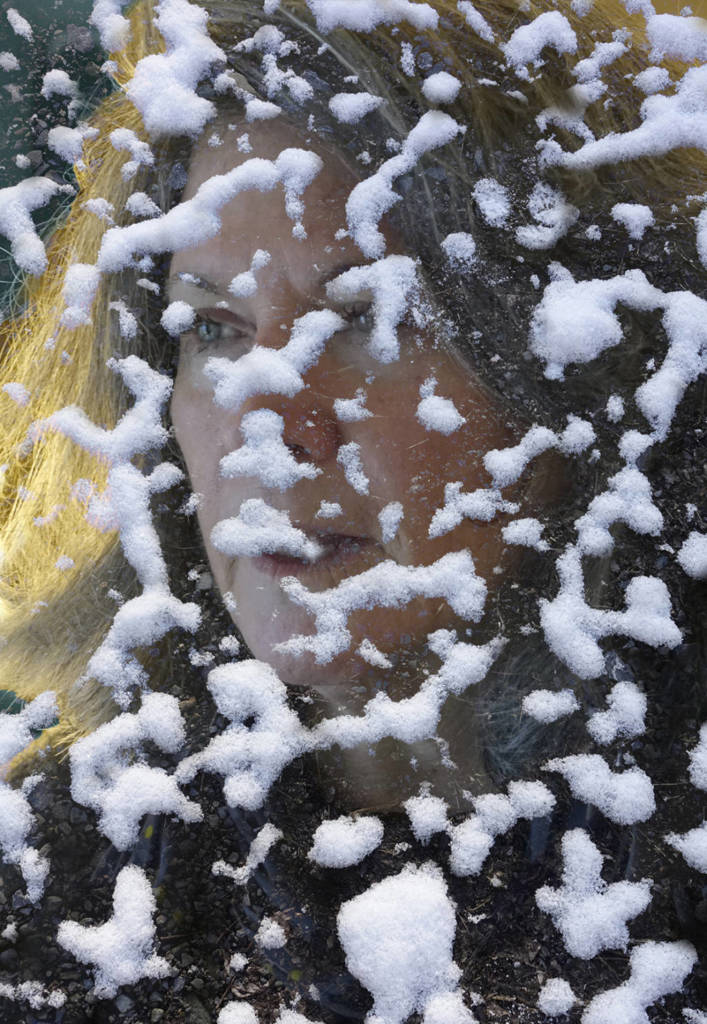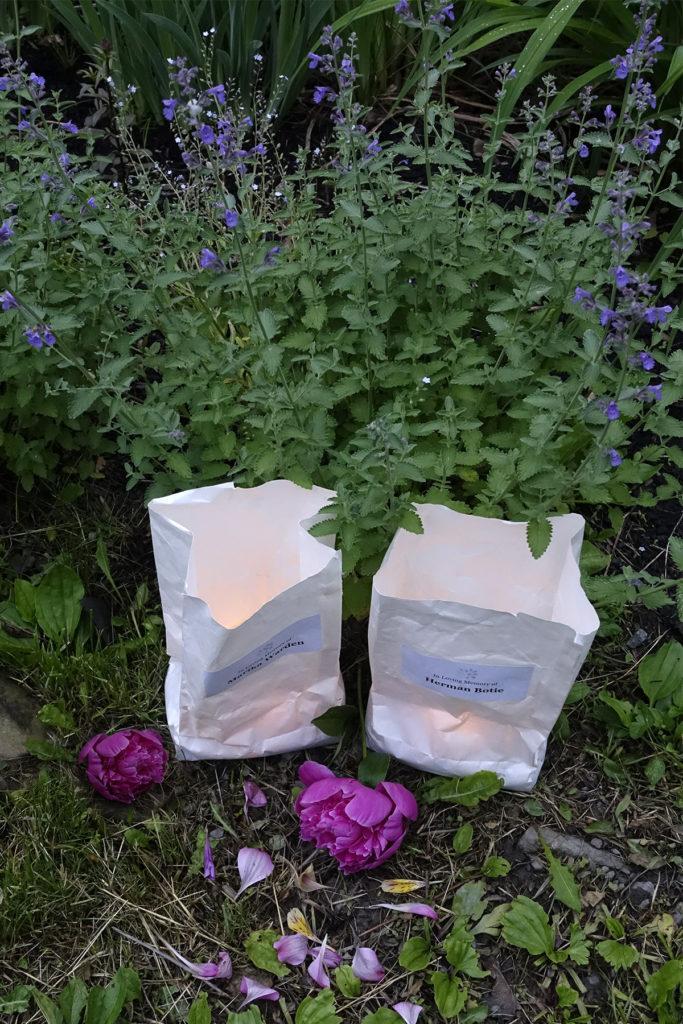 Living alone, I don’t get to say “goodnight” very often, except to ghosts. But for one night every year, just before summer begins, I get to say it over and over again at Ithaca’s Hospicare and Palliative Care Services’ annual Illuminations, an evening of remembrance and community.
Living alone, I don’t get to say “goodnight” very often, except to ghosts. But for one night every year, just before summer begins, I get to say it over and over again at Ithaca’s Hospicare and Palliative Care Services’ annual Illuminations, an evening of remembrance and community.
Five years ago I asked about volunteering for this event. Having a job to perform makes it easier to attend parties and gatherings, especially as a bereaved mother prone to bursting into tears. No one had filled the spot on the volunteer sign-up list requesting a Goodnighter. “Say goodnight to guests and thank them for coming,” the job description read. I could do that, I thought.
The first year, I was so nervous about approaching people that I forgot how easily I could fall apart upon hearing Christmas carols or smelling cucumber-melon body-spray. But I strolled through the gardens where hundreds of lit candles inside white paper bags lined the walkways, and found the ones labeled with my father’s and daughter’s names. Balancing a glass of wine and a plate of fresh fruit and cheese on my lap, I sat through the program of live music and poetry. Then it was almost dusk, time for floating candles on the pond. And Taps. Taps was my cue to start getting into place between the guests and the parked cars. There, I would chirp out my greetings to all the people as they left for home.
No one had mentioned that a real live, very talented trumpeter would be playing Taps. Suddenly, I was stuck stock-still, standing in a hailstorm with my skin turned inside out. The sun was setting bright red and I felt like a duck shot down out of the sky. Somehow I recovered, remembering, I was the Goodnighter. I quickly took my station. And remembered my lines. “Goodnight.” And “Thank you for coming,” I croaked, in between gasping recovery breaths. My shaking stopped when people started saying goodnight and thank you, back to me. And when it was all over, and the last guests had gone, I fetched the luminarias with my father’s and daughter’s names, and knew I’d found my calling.
So come say hello. Say goodnight to the Goodnighter. Goodnight is not goodbye. It is a sincere wish for your wellbeing. And it is my song of gratefulness. For a beautiful evening with people who understand love and loss. For feeling connected. For having the opportunity to say aloud, from my heart, goodnight and thank you. And to sometimes hear those words echoed back.
Illuminations at Hospicare on June 7, 2018 at 7:30
At 172 East King Road, Ithaca
A free event (but they’ll take donations for a personalized luminaria)
